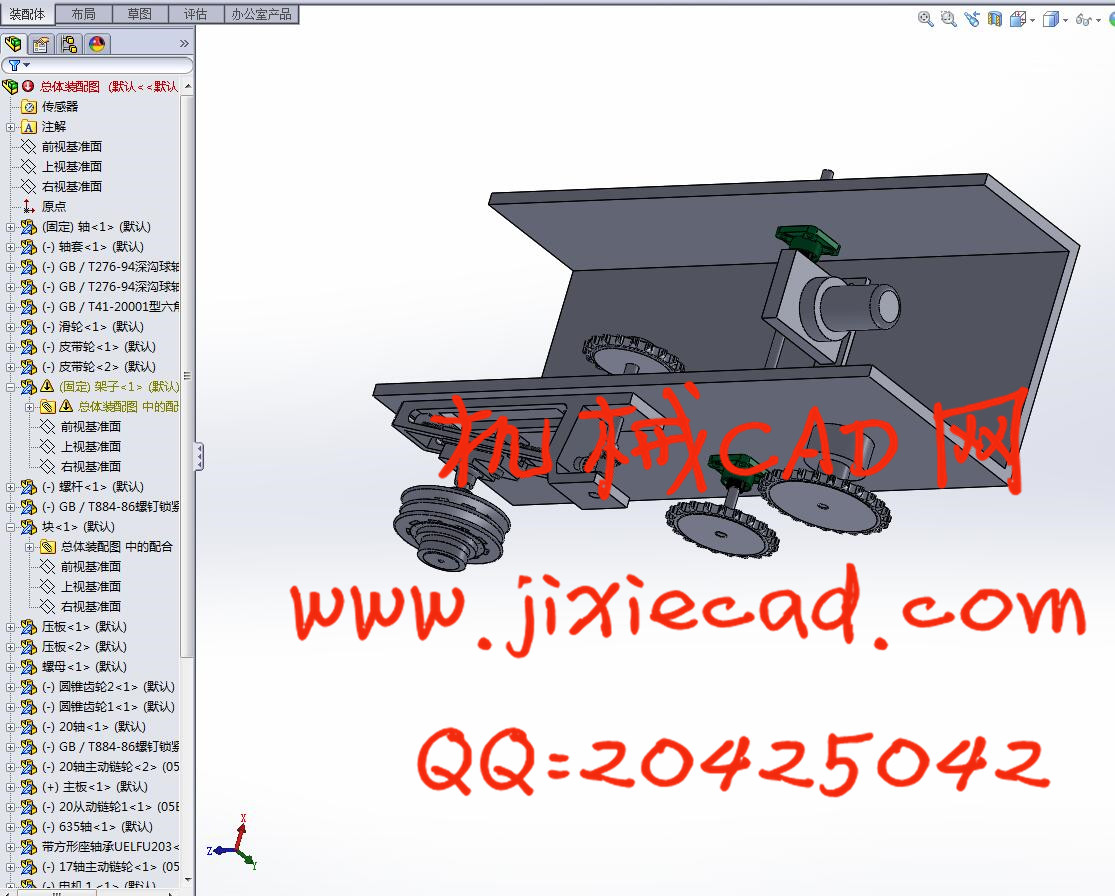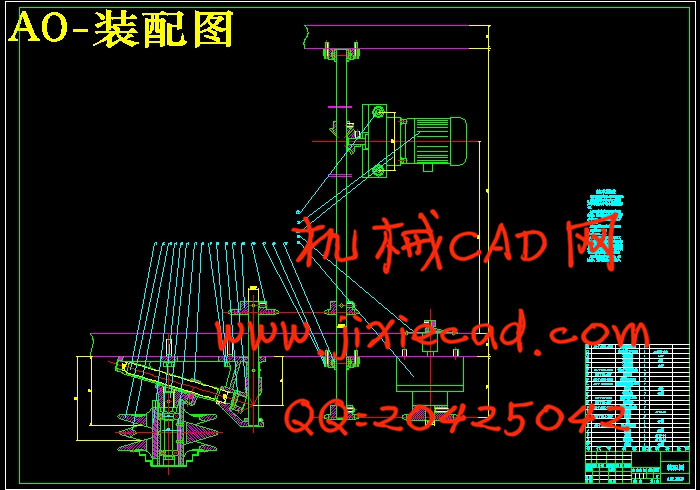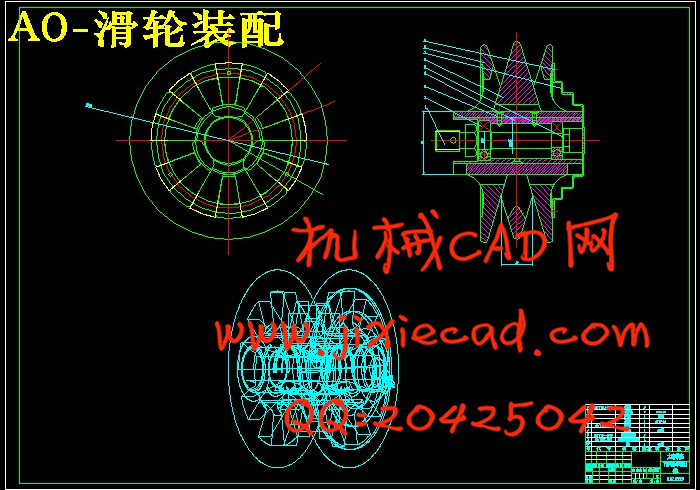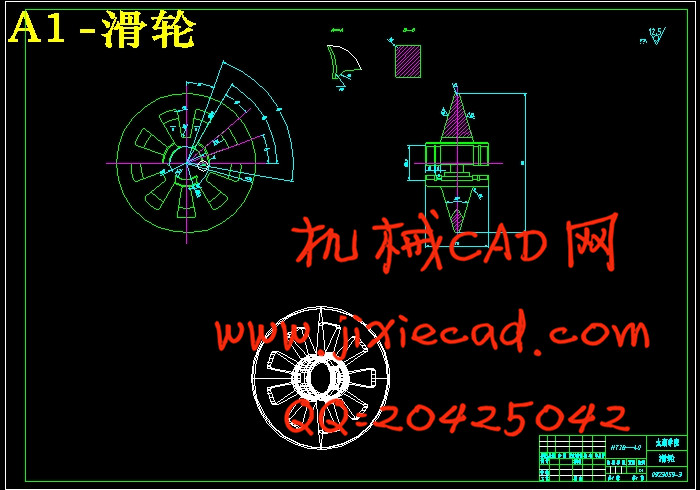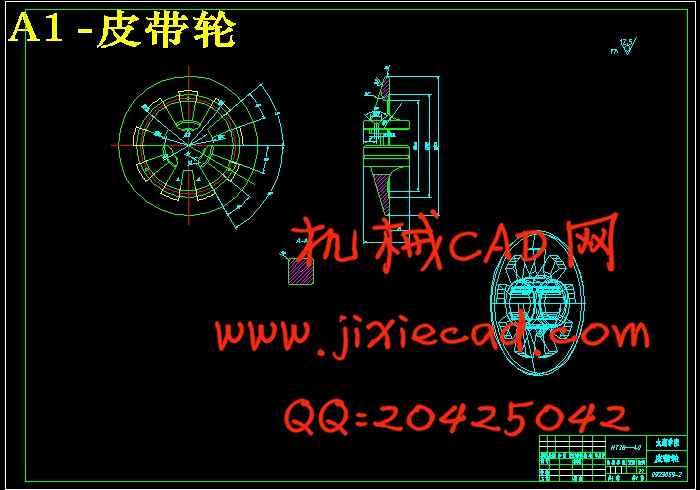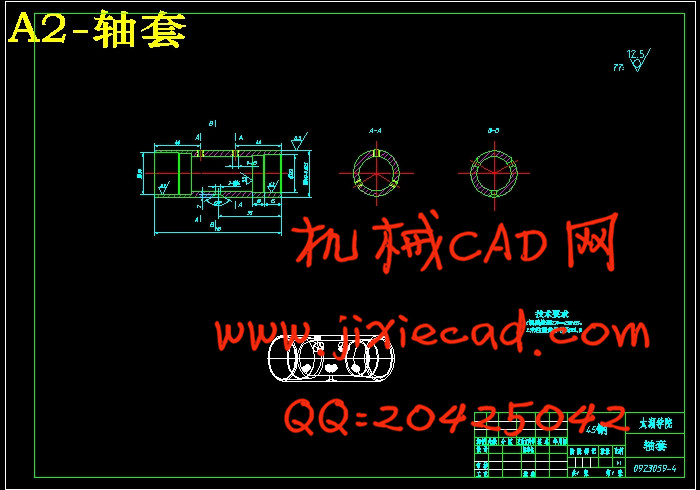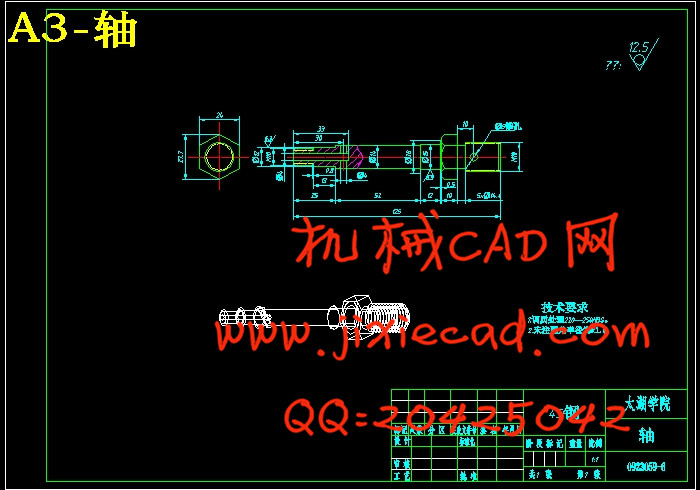设计简介
摘 要
无级变速技术,它采用传动带和工作直径可变的主、从动轮相配合来传递动力,可以实现传动比的连续改变,从而得到传动系与发动机工况的最佳匹配。常见的无级变速器有液力机械式无级变速器和金属带式无级变速器。自动变速器,按齿轮变速系统的控制方式,它可以分为液控液压自动变速器和电控液压自动变速器;按传动比的变化方式又可分为有级式自动变速器和无级式自动变速器。因此,无级变速器实际上是自动变速器的一种,但它比常见的自动变速器要复杂得多,技术上也更为先进。
无级变速器与常见的液压自动变速器最大的不同是在结构上,后者是由液压控制的齿轮变速系统构成,还是有挡位的,它所能实现的是在两挡之间的无级变速,而无级变速器则是两组变速轮盘和一条传动带组成的,比传统自动变速器结构简单,体积更小。另外,它可以自由改变传动比,从而实现全程无级变速,使车速变化更为平稳,没有传统变速器换挡时那种“顿”的感觉。
关键字:无级变速器;自动变速器;齿轮变速
Abstract
Stepless speed technology USES belt and the work of the Lord diameters driven pulley, cooperated with the power to deliver, can realize the TRANSMISSION ratio of the continuous change, and get the TRANSMISSION and engine condition the best match between. Common step-less transmission have hydraulic mechanical step-less transmission and belt type step-less transmission , the current domestic market of the vehicles already more and more. Editor this section step-less transmission and the origin of the automatic transmission.
Automatic transmission is easy to operate, reduce fatigue driving, born of the gear drive system, the control method, it can be divided into the hydraulic controlled hydraulic and electric automatic transmission hydraulic automatic transmission; According to the change of the transmission way and can be divided into have levels of automatic transmission and no levels of automatic transmission. Therefore, step-less transmission is actually a kind of automatic transmission, but it than common automatic transmission is much more complex, more advanced technologies. Step-less transmission and common hydraulic automatic transmission of the biggest differences is on the structure, the latter is by hydraulic control gear drive system structure, still have the gears, it can be realized in between the two block is continuously variable transmission , and is two groups plate and a belt speed of than traditional automatic transmission, simple structure, smaller. In addition, it is free to change gear ratios, so as to realize the full speed stepless speed change, make more smoothly, without the traditional transmission shift at the "" feeling. Editor this section step-less transmission classification.
Key words:Stepless speed technology;Automatic transmission;reduce fatigue driving
目 录Automatic transmission is easy to operate, reduce fatigue driving, born of the gear drive system, the control method, it can be divided into the hydraulic controlled hydraulic and electric automatic transmission hydraulic automatic transmission; According to the change of the transmission way and can be divided into have levels of automatic transmission and no levels of automatic transmission. Therefore, step-less transmission is actually a kind of automatic transmission, but it than common automatic transmission is much more complex, more advanced technologies. Step-less transmission and common hydraulic automatic transmission of the biggest differences is on the structure, the latter is by hydraulic control gear drive system structure, still have the gears, it can be realized in between the two block is continuously variable transmission , and is two groups plate and a belt speed of than traditional automatic transmission, simple structure, smaller. In addition, it is free to change gear ratios, so as to realize the full speed stepless speed change, make more smoothly, without the traditional transmission shift at the "" feeling. Editor this section step-less transmission classification.
Key words:Stepless speed technology;Automatic transmission;reduce fatigue driving
摘 要 III
Abstract IV
目 录 V
1 绪论 1
1.1 无极变速器的发展 1
1.1.1 国外无极变速器的发展及现状 1
1.1.2 国内无级变速器的发展及现状 2
2 纸长调节无极变速器的结构及传动原理 4
2.1 纸长调节无极变速器的结构 4 4
2.2 传动原理 4
2.3 调节过程 5
3 电动机的选择 7
4 传动齿轮设计 8
4.1 概述: 8
4.2 齿轮设计 8
4.2.1 选定齿轮类型、精度等级、材料及齿数 8
4.2.2 初步设计 9
4.2.3 几何计算 9
4.2.4 强度设计 11
4.2.5 齿根弯曲强度验算 12
5 轴的设计计算 14
5.1 概述 14
5.2 轴的设计 14
5.2.1 求输入轴上的功率
5.2.2 求作用在齿轮上的力 14
5.2.3 初步确定轴的最小直径 14
5.2.4 按弯扭合成应力校核轴的强度 15
5.2.5 精确校核轴的疲劳强度 15
6 螺杆的设计计算 17
6.1 根据耐磨性计算螺杆直径 17
6.2 牙型、材料和许用应力 18
6.3 按耐磨性设计 19
6.4 验算耐磨性 19
6.5 螺纹牙的强度计算 20
7 轴承的校核 21
7.1 概述 21
7.2 轴承的校核 22
7.2.1 求两轴承收到的径向载荷
7.2.3 求轴承当量动载荷
7.2.4 验算轴承寿命 25
8 链传动的设计计算 26
8.1 概述 26
8.2 链设计计算 26
8.2.1 选择链轮齿数 26
8.2.3 选择链条型号和节距 26
8.2.4 计算链节数和中心距 26
总 结 28
致 谢 29
参考文献 30


